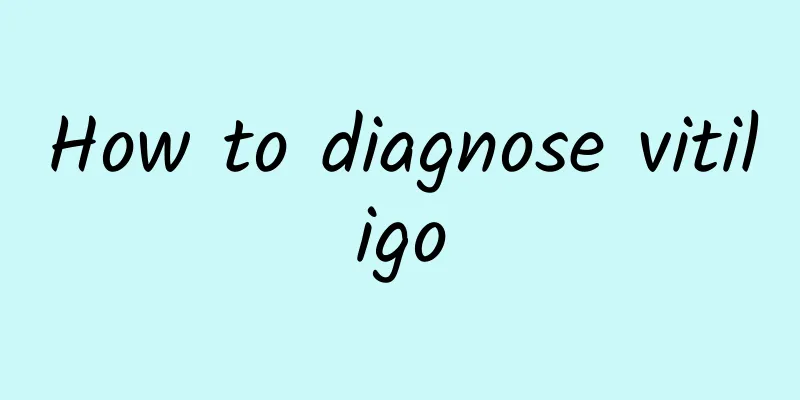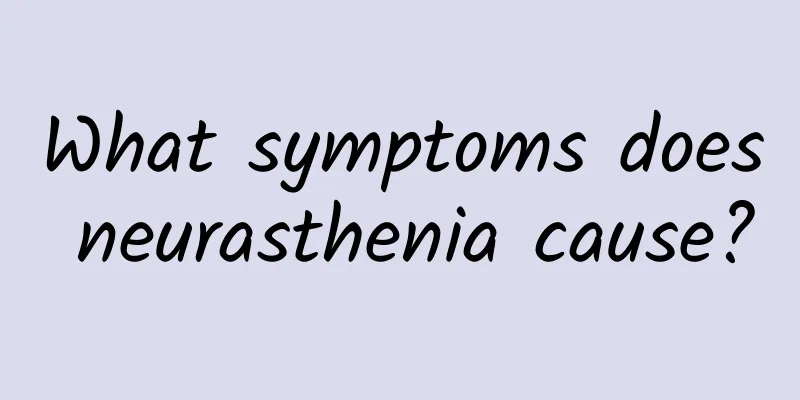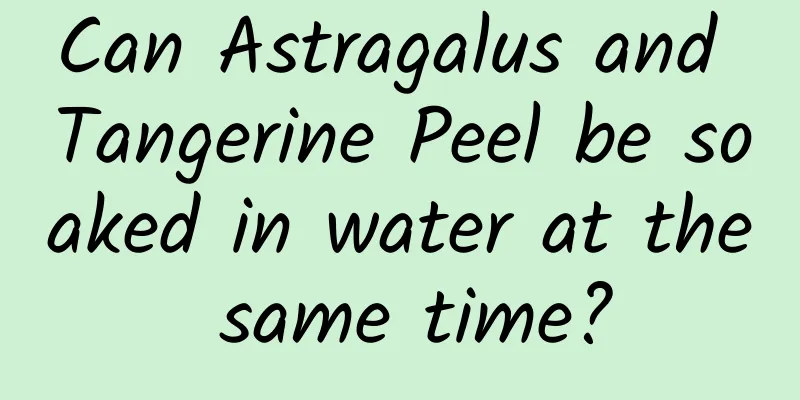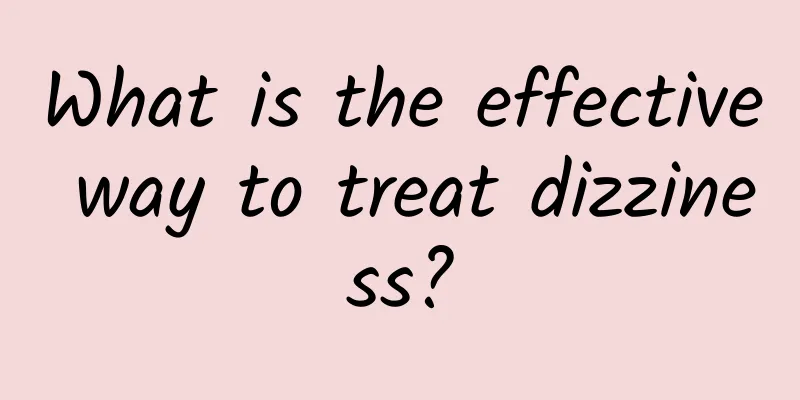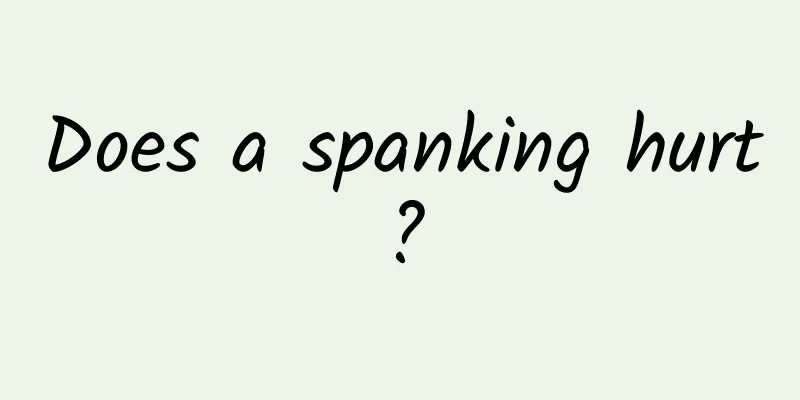Is it cerebral palsy if the 2-month-old baby's legs are shaking?

|
If a two-month-old baby often has leg tremors, parents should pay attention. This does not mean that the baby's leg tremors mean cerebral palsy, because the baby's brain is not fully developed at these two months, and the legs are less controlled by the brain nerves. The child may feel cold or have other situations at this time, which may cause this phenomenon. As the child develops well, the symptoms will gradually improve. Of course, if the symptoms are more serious, you should be alert to cerebral palsy. Is it cerebral palsy if the 2-month-old baby's legs are shaking? Leg shaking in a two-month-old baby does not indicate cerebral palsy, because the baby's brain is in the gradual development stage and is not yet fully developed. For example, if the child is cold, the legs may also shake. The main manifestation of cerebral palsy is convulsion. Convulsion is mostly spontaneous, that is, a movement occurs repeatedly. For example, the child often blinks or stares to one side or a limb movement occurs repeatedly, but one limb shakes repeatedly. Clinically, convulsion is often excluded and it is often considered to be seizure. In order to make a clear diagnosis, it is often recommended to go to the hospital for treatment. Early symptoms of cerebral palsy in children 1. Athetosis: often manifested as involuntary "worm-like" movements of the limbs, head, face, or whole body muscles. It worsens when nervous or excited, and eases when quiet. The hyperactivity disappears after falling asleep. The symptoms of hyperactivity are particularly obvious when performing conscious actions. For example, when taking an object, one cannot touch the object smoothly, but instead raises the upper limbs high or stretches them backwards, shakes the whole body, exerts force, and has increased facial muscle activity and strange expressions. The ability of coordinated movement is extremely poor. Due to the involvement of facial muscles, tongue muscles and vocal muscles, language disorders are often present. 2. Spastic type: Most children with cerebral palsy belong to this type, which is also the most common clinical type. The child has difficulty abducting both thighs, the knees are difficult to straighten after flexion, and the gastrocnemius muscles contract, causing Achilles tendon contracture. When held upright, the lower limbs are straightened, adducted and internally rotated, and the legs are crossed in a scissor shape. When walking, the patient has a "scissor-like" spastic paralysis gait, with the toes touching the ground. The upper limbs show flexion of the elbow and wrist joints. 3. Ataxia type: This type is less common and is mainly manifested by signs of cerebellar lesions, common nystagmus, dysmetria, unstable gait, shaking and intention tremor, etc. Muscle tone is low and tendon reflexes are not hyperactive. |
<<: Anemia diet for 11-month-old babies
>>: Effects of Houttuynia Cordata and Scutellaria Baicalensis Mixture
Recommend
Symptoms of pink eye
Pink eye is one of the most prevalent infectious ...
Causes of deep vein obstruction
Deep vein blockage is very harmful to humans. It ...
What herbal medicine is good for urticaria
Urticaria is quite common in our daily life. It i...
Why does the baby move so much during pregnancy?
Many women will experience a situation during pre...
What to do if your lips blister repeatedly? Two methods to help you deal with it easily
In daily life, some people will have blisters on ...
How to effectively remove chloasma?
As the female friends grow older, various skin pr...
What to do when you feel weak during your period
Many women feel stomach pain, back pain, and brea...
Can I drink tea if I have colitis?
Colitis is a relatively common anorectal disease,...
How many days does it take for food poisoning symptoms to heal? It turns out there is an incubation period
Many people simply believe that if they receive p...
Is synovitis surgery effective?
The synovium is an important connective tissue in...
Is Caffeine Pseudoephedrine a cold medicine or an anti-inflammatory drug?
Caffeine-pseudoephedrine tablets are a medicine f...
How does cerebral thrombosis form?
Cerebral thrombosis is now a very common disease....
Common knowledge about self-diagnosis of liver disease
Many people find liver disease scary. Because man...
What to do if your mouth smells bad
Bad breath is a difficult problem to solve. In or...
What are the problems with H-type hypertension?
The problem of type H hypertension must not be ig...
